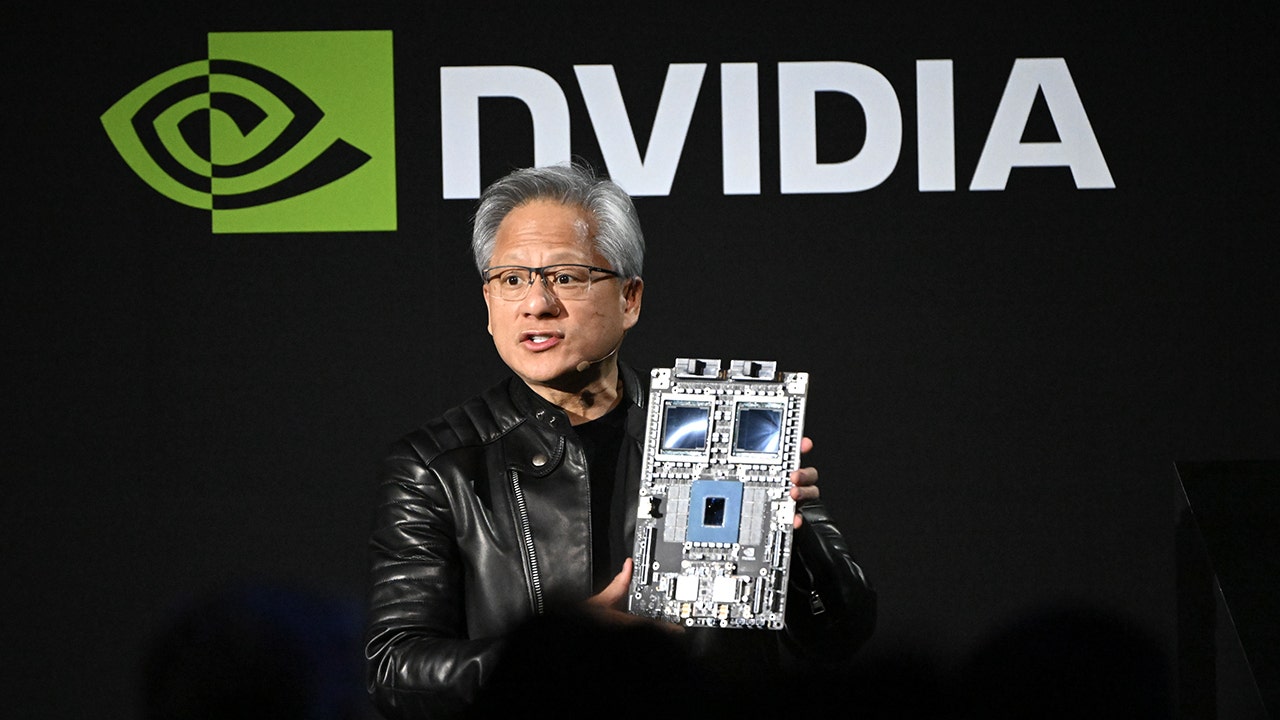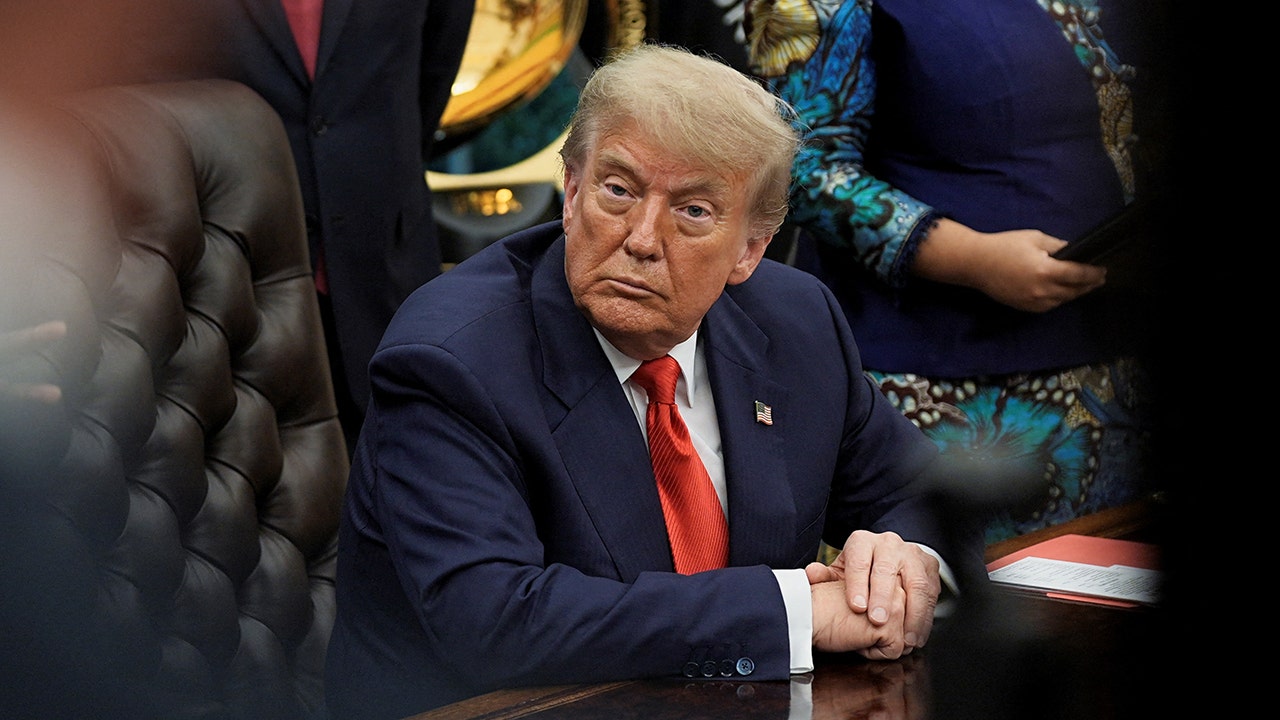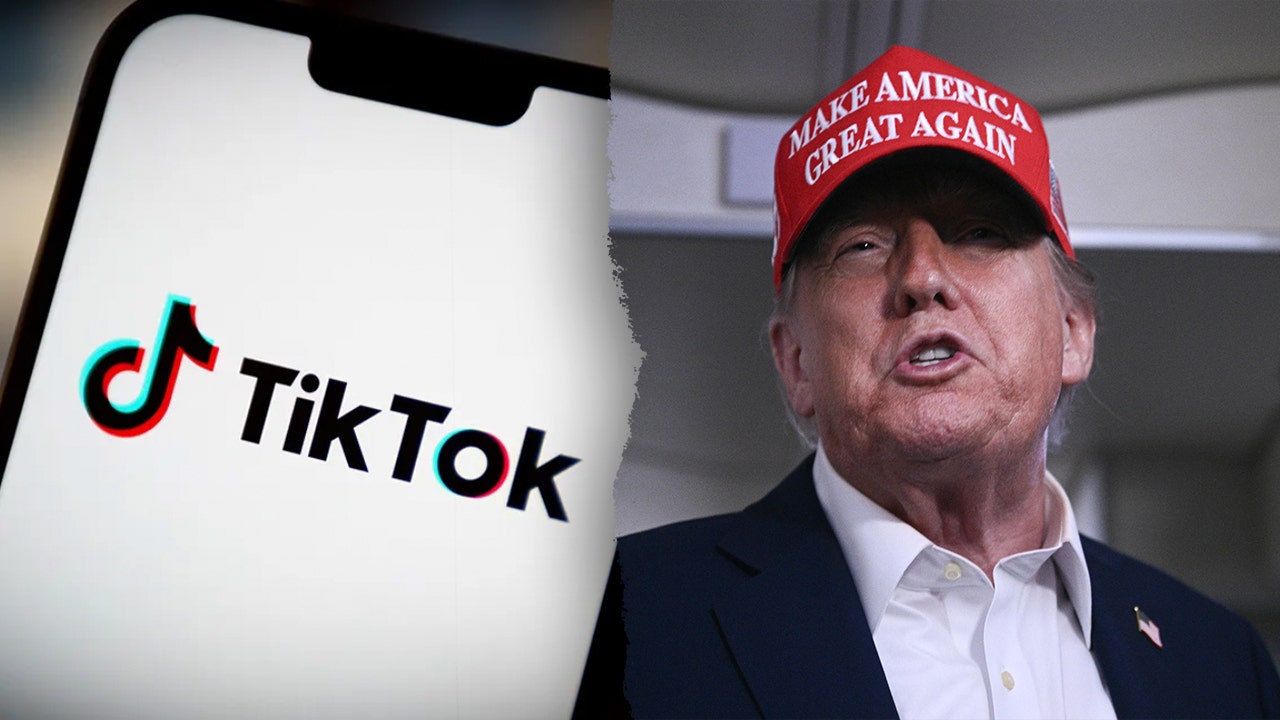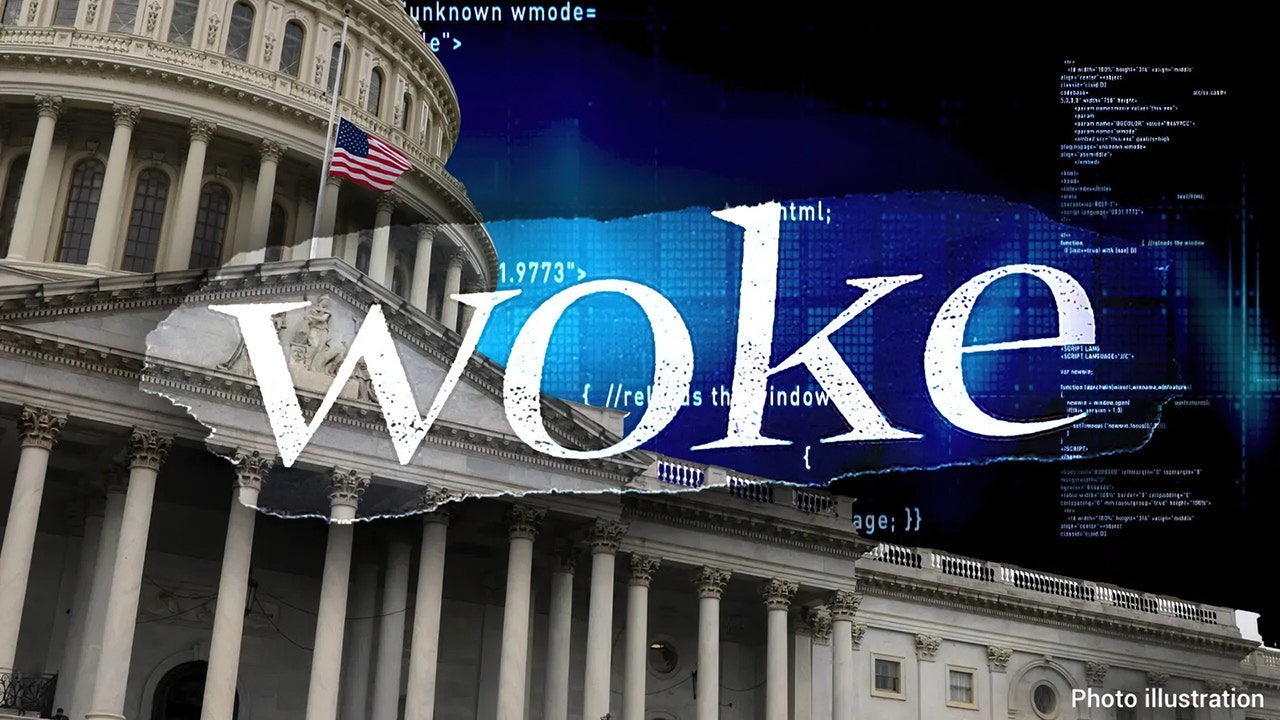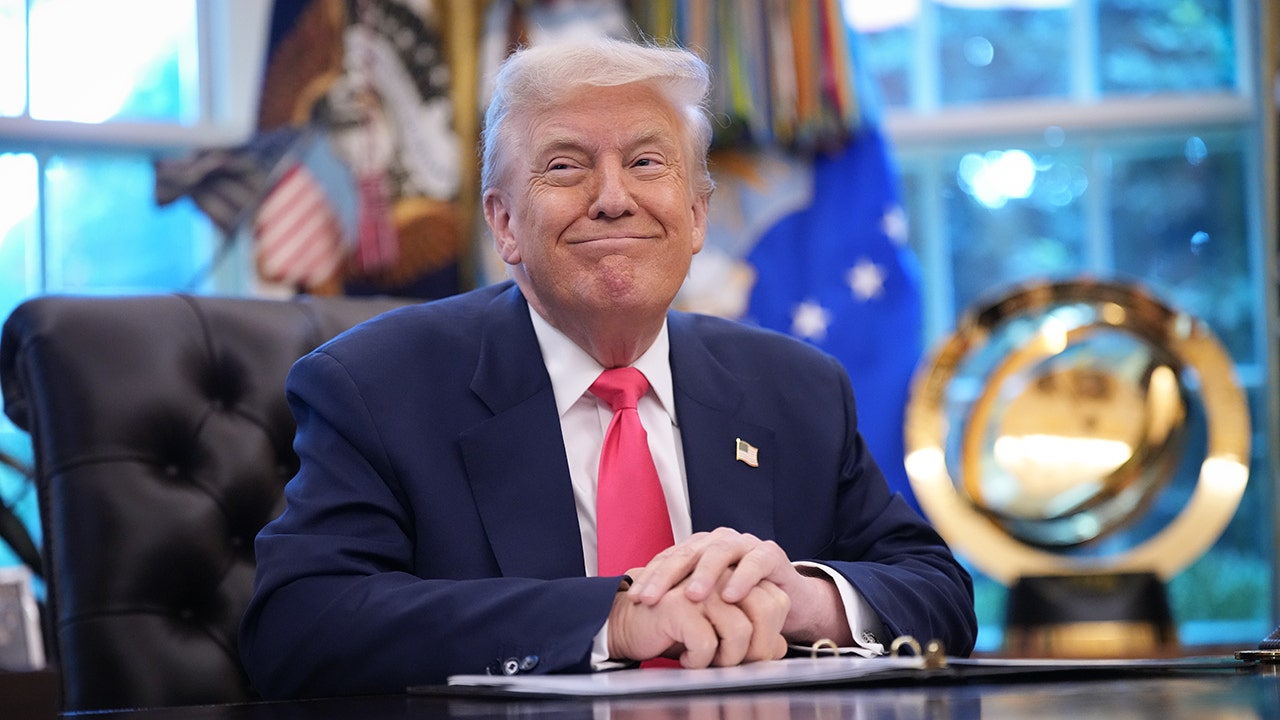SINGAPORE—China said an initial probe found Nvidia violated the country’s antimonopoly law, heightening pressure on Washington during the latest round of U.S.-China trade talks that ended Monday.
Beijing’s antitrust regulator cited the violations in connection with Nvidia’s acquisition of an Israeli company that was completed in 2020. The regulator said the investigation was continuing, and it didn’t elaborate on the preliminary findings or say whether it would punish Nvidia.
Beijing approved the deal after Nvidia agreed to conditions including guaranteeing the supply of its chips to China. Since 2022, the U.S. government has blocked Nvidia and other American chip vendors from selling many of their top-flight artificial-intelligence chips to China.
NVIDIA CEO SAYS HE’S IN TALKS WITH TRUMP ADMIN ABOUT SELLING BLACKWELL CHIP TO CHINA
Beijing’s move came just hours before Treasury Secretary Scott Bessent told reporters in Madrid that U.S. and Chinese negotiators had reached a framework deal on TikTok following two days of trade talks. The two sides were running up against a Wednesday deadline to make a deal to allow the popular video-sharing app to continue operating in the U.S.
Nvidia’s shares fell around 1% in morning trading. The company didn’t immediately respond to a request for comment.
BRACING FOR NVIDIA, WHEN SIZE MATTERS
Nvidia has become perhaps the highest-profile business caught in the crossfire of the trade dispute between the world’s two biggest economies. The company sells the world’s most powerful chips, which are essential for building state-of-the-art AI.
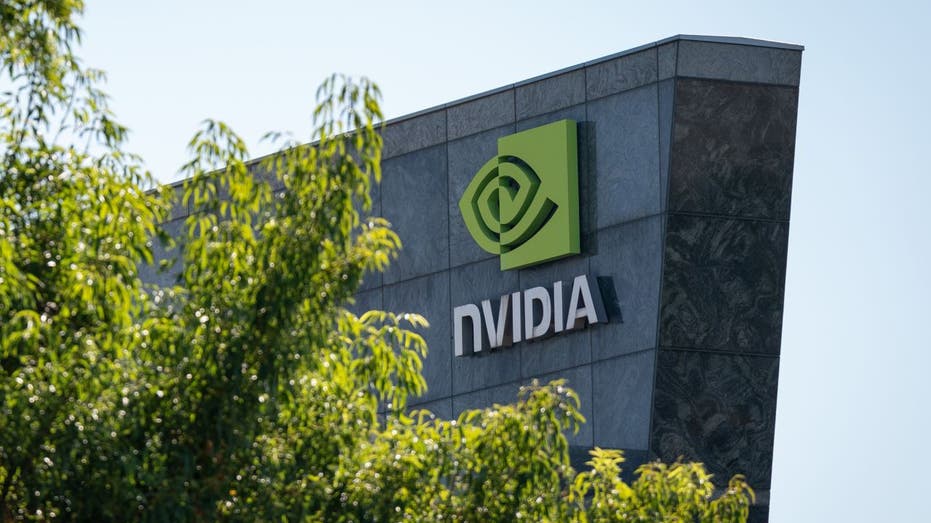
In December, China’s antitrust regulator, the State Administration for Market Regulation, opened a probe into Nvidia’s $7 billion acquisition of the Israeli networking-gear maker, Mellanox Technologies. A week earlier, the Biden administration ratcheted up controls on China’s access to high-end chips.
Antitrust lawyers familiar with the case said Nvidia was in a tough spot because it had to halt supply of its most advanced chips to China to comply with U.S. export controls, but that opened it up to criticism from Beijing. Chinese regulators argued that Nvidia was violating its pledge back in 2020 to provide an uninterrupted supply of chips to China and to treat Chinese customers equally, the lawyers said.
BESSENT SAYS TRUMP EXPLORING STAKES IN ‘OTHER INDUSTRIES’ AFTER INTEL DEAL, RULES OUT NVIDIA
In July, President Donald Trump permitted Nvidia to resume sales of its H20 chip, which is useful for AI inference. The chip was popular in China before Trump temporarily blocked its sale in April. Shortly after Trump gave the green light, Beijing raised concerns about potential cybersecurity risks of the chip and stopped companies from buying it until Nvidia could clear a regulatory review. Nvidia has said its products don’t have remote trackers or other “backdoors.”
The company and its customers in China are now hoping that the Trump administration will approve a Nvidia AI chip that is more advanced than the H20—another subject that is likely to end up on the bargaining table at the trade talks.
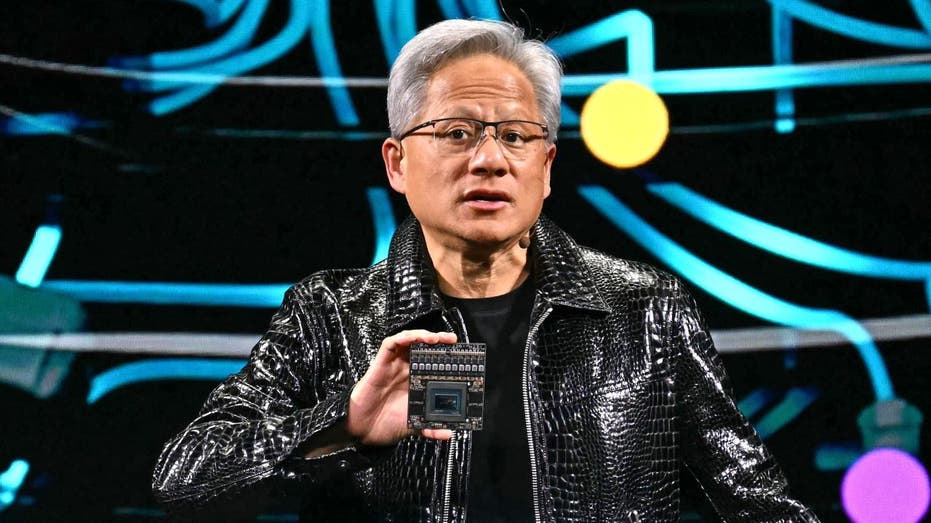
China hasn’t been able to produce at scale any chips as powerful as Nvidia’s best products, partly owing to American restrictions on advanced chip-making equipment. Still, Chinese companies are making progress in substituting their own products for U.S. chips.
By flaunting possible punishment of Nvidia over an antitrust issue, China wanted to show that it wasn’t about to make concessions to get the U.S. company’s products and was on the road to self-sufficiency in AI, said Feng Chucheng, founding partner of Beijing advisory firm Hutong Research. “Beijing likely was signaling that Nvidia is not a bargaining chip for the U.S.,” he said.
National champion Huawei has been powering some of the country’s AI data centers with its self-developed chips. Other tech giants such as Alibaba and Baidu have also increased the use of homegrown products in their infrastructure.
China has been funding its domestic chip industry more aggressively since Trump’s first term with the goal of long-term self-sufficiency. At the same time, Beijing has tried to secure access to the latest technology of the U.S. and its allies for now to keep Chinese companies competitive in the tech race.



